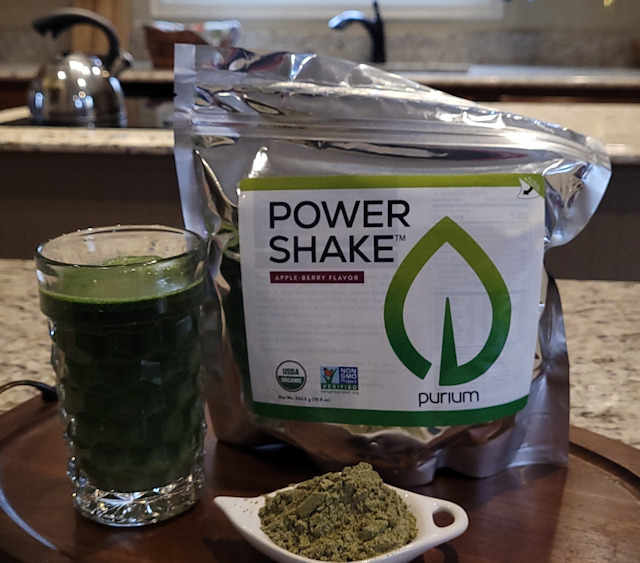Your body produces many hormones, especially during pregnancy. During labor and birth your body will produce oxytocin, beta-endorphins, epinephrine, norepinephrine, and prolactin. Oxytocin is known as the love hormone, cuddle hormone, or the bonding hormone. It is a natural hormone your body creates. Hormones are the messengers of your body, carrying messages of different body functions to different organs, muscles, and tissues. Oxytocin is a chemical messenger to the brain for situations like sexual arousal, recognition, trust, romantic attraction, and parent-infant bonding. In studies the amount of oxytocin someone produces can play a role in conditions such as addiction, anorexia, anxiety, autism spectrum disorder, depression, and post traumatic stress syndrome.
Oxytocin Aids Labor & Delivery
Oxytocin aids in labor, delivery, and lactation for expectant mothers. The amount of oxytocin starts to increase leading up to labor, which can lead other children in the family to want more cuddles or snuggles from mom before the new baby arrives. The main function of oxytocin in labor is to bring on contractions. When the baby pushes on your cervix your body releases oxytocin and will continue to release oxytocin until a while after your baby is born. In cases where you need to be induced or to speed up your labor your doctor may use synthetic oxytocin to help progress labor. Oxytocin also helps to reduce stress, calm you and help with labor pains. It also can help you feel more relaxed after delivery. Oxytocin can also make you feel well-nourished after delivery. It also helps boost your bond between you and your baby. Your baby will start to produce oxytocin during labor and delivery as well.
Once your baby is born your body still produces oxytocin to help promote lactation. As the baby sucks on your breast the pituitary gland releases oxytocin. This causes contractions of the cells in the alveolar ducts which move milk through the breast tissue. After your baby is done the contractions stop but will restart when your baby starts to feed again.
Oxytocin Levels
It is rare for you to have low levels of oxytocin. But in some cases low levels of oxytocin can stop contractions and prolong labor. In this case your doctor may suggest using a synthetic form of oxytocin to help progress labor. Low levels of oxytocin have been linked with autism spectrum disorder and depression. High levels of oxytocin are also rare. High levels of oxytocin can cause you to have an overactive uterus, which can limit pregnancy.
Boosting Your Oxytocin
Your body produces oxytocin naturally. There are natural ways to help your body increase oxytocin. Oxytocin can help you lower pain, stress, and anxiety.
One way to boost your oxytocin levels is through physical touch. This could be hugging, cuddling, holding hands, kissing, or having a massage from someone you love or care for. Oxytocin is a bonding hormone so partaking in activities with people you care for can help boost oxytocin. This could be spending time with family, or friends.
Sharing food with someone, eating in general can also be pleasurable and boost your oxytocin.
Having a meaningful conversation with someone, telling them how you feel or that you appreciate them can also boost your oxytocin levels.
Being an active empathetic listener can also boost your oxytocin.
Random acts of kindness for someone can also boost your oxytocin production. This could be things like helping a neighbor, supporting a cause you are passionate about, giving to charity, or giving a spontaneous gift to a friend or family member.
Pet a dog. Both dogs and humans can get a boost of oxytocin from physical touch. So snuggling, petting, or cuddling your pet dog can help you feel better when you are upset.
Oxytocin can help you feel less stressed. Doing yoga or meditation can help your body relax and destress. Focusing your meditation on someone you love can help you feel more bonded in return can increase your oxytocin levels.
Listen to music you love. Listening to music you love can help improve your mood, help you focus, make you feel more motivated, and boost your oxytocin.
Aromatherapy can also help. If you diffuse scents such as lavender, chamomile, or ylang-ylang.
Takeaway
Oxytocin is essential for labor, delivery, and lactation. Low levels of oxytocin are rare. When they do occur during labor your doctor may suggest using a synthetic form of oxytocin to help progress your labor along. Your body naturally produces oxytocin but there are ways to increase your oxytocin. Boosting your oxytocin can help you feel more focused, lower pain, stress, or anxiety.
READ MORE: Postpartum Depression
Sources:
https://my.clevelandclinic.org/health/articles/22618-oxytocin
https://www.nct.org.uk/labour-birth/your-guide-labour/hormones-labour-oxytocin-and-others-how-they-work#:~:text=Oxytocin%20will%20make%20you%20feel,Buckley%202002%2C%20Buckley%202015).
https://www.news-medical.net/health/Pregnancy-and-Oxytocin.aspx
https://originsbirthdallas.com/pregnancy-bliss-how-to-naturally-increase-oxytocin-levels/
https://www.healthline.com/health/how-to-increase-oxytocin#yoga
https://wellself.com/aromatherapy-health-benefits/









